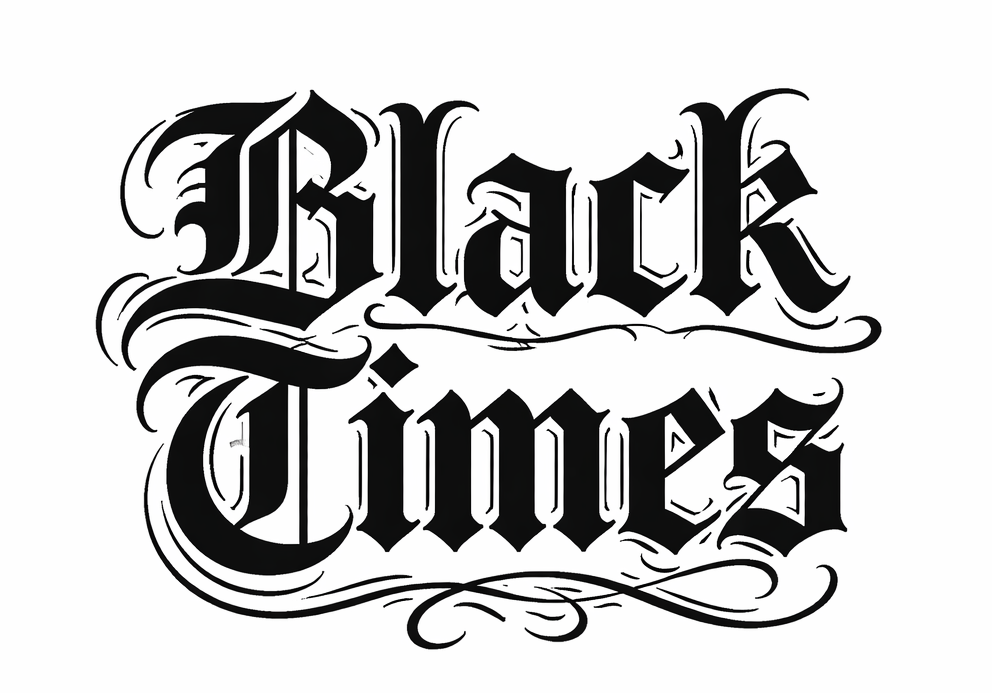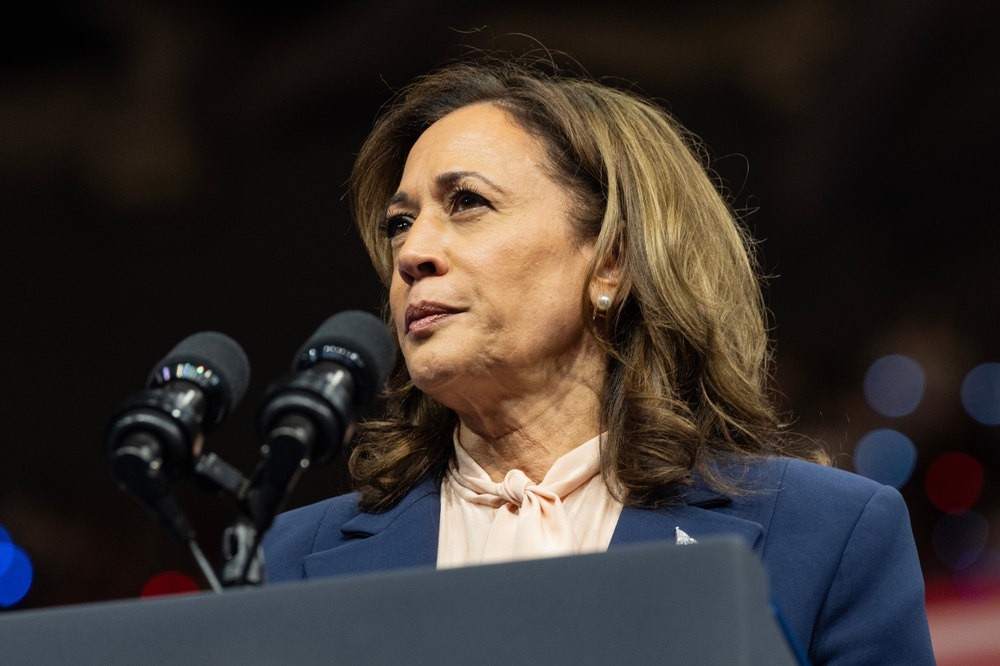The Harris-Walz campaign has unveiled a new advertisement titled “Paycheck,” addressing economic issues faced by Black American workers as the 2024 election approaches. With a few weeks left until voters head to the polls, this 30-second spot will air in seven battleground states where Black voters are expected to play a pivotal role.
Running in Arizona, Georgia, Michigan, Nevada, North Carolina, Pennsylvania and Wisconsin, the ad highlights the economic vision of Democratic presidential nominee Kamala Harris. It focuses on critical issues like rising costs of groceries and housing, which have disproportionately impacted Black Americans, despite a recent easing of inflation.
Harris has previously expressed her commitment to creating economic conditions that allow workers to retain more of their earnings. This includes initiatives such as banning price gouging at the federal level and providing $25,000 down payments for first-time homeowners, a significant number of whom are Black Americans.
Quentin Fulks, principal deputy campaign manager for Harris-Walz, emphasized Harris’s dedication to engaging with every voter. He stated, “Vice President Harris has been clear: she is not taking a single voter for granted and is putting in the work to earn each and every vote.” Fulks highlighted the administration’s achievements, noting that more Black Americans have healthcare coverage than ever before and that Black employment is at a record high.
Harris reinforces this message in the ad, asserting, “You work hard for your paycheck, you should get to keep more of it. As president, I’ll make that my priority.” This statement resonates with many voters who are concerned about their financial well-being.
Current polling indicates that while Harris enjoys substantial support from Black voters, it does not match the level of enthusiasm seen during President Joe Biden’s campaign in 2020. However, political analysts believe there is still time for Harris to close this gap before Election Day.
Interestingly, Black voter registration rates have surged since Harris became the presumptive Democratic nominee in July. Young Black women, in particular, are leading this trend, with voter registration rates in 13 key states increasing by over 175% compared to the same period in 2020, according to data from TargetSmart. Overall, the rate of voter registrations among Black voters has risen by more than 85%.
Tom Bonier, a senior adviser to TargetSmart, noted, “People who are newly registered to vote are much more likely to vote on Election Day,” suggesting that this uptick in registrations could bode well for the Harris-Walz campaign.
The focus on economic issues in the “Paycheck” ad reflects the Harris-Walz campaign’s recognition of the challenges facing many Black Americans. Despite overall improvements in the economy, disparities persist. The unemployment rate for Black Americans, while at historic lows, remains higher than the national average. Additionally, the wealth gap between Black and white households continues to be a significant concern.
Harris’s proposed policies aim to address these disparities directly. The campaign has outlined plans to increase access to capital for Black-owned businesses, expand affordable housing options, and strengthen protections against discrimination in lending and housing markets. These initiatives are designed to create more pathways to economic stability and wealth-building for Black communities.
The campaign’s outreach efforts extend beyond traditional advertising. Harris has been engaging in town halls, community meetings, and visits to historically Black colleges and universities (HBCUs) to connect directly with Black voters. These events provide opportunities for voters to voice their concerns and for Harris to elaborate on her vision for economic equity.
Political analysts note that the success of the Harris-Walz campaign among Black voters could hinge on their ability to translate policy proposals into tangible benefits that resonate with everyday experiences. Dr. Andra Gillespie, a political scientist at Emory University, commented, “It’s crucial for the campaign to not only present policies but to clearly articulate how these initiatives will improve the daily lives of Black Americans.”
The campaign is also leveraging digital and social media platforms to reach younger Black voters, who have shown increased political engagement in recent years. This strategy includes partnerships with influencers and community leaders to amplify the campaign’s message and encourage voter participation.
As the election draws near, the Harris-Walz campaign is making strategic moves to engage Black voters by addressing their economic concerns directly. The new ad serves as a reminder of the importance of this demographic in shaping the future of the nation. With rising voter registration rates and a targeted campaign strategy, the Harris-Walz ticket is poised to make a significant impact on Election Day.
The outcome of these efforts will not only affect the election results but could also have long-term implications for economic policy and racial equity in the United States. As November approaches, all eyes will be on how effectively the Harris-Walz campaign can mobilize Black voters and address the economic challenges facing their communities.



